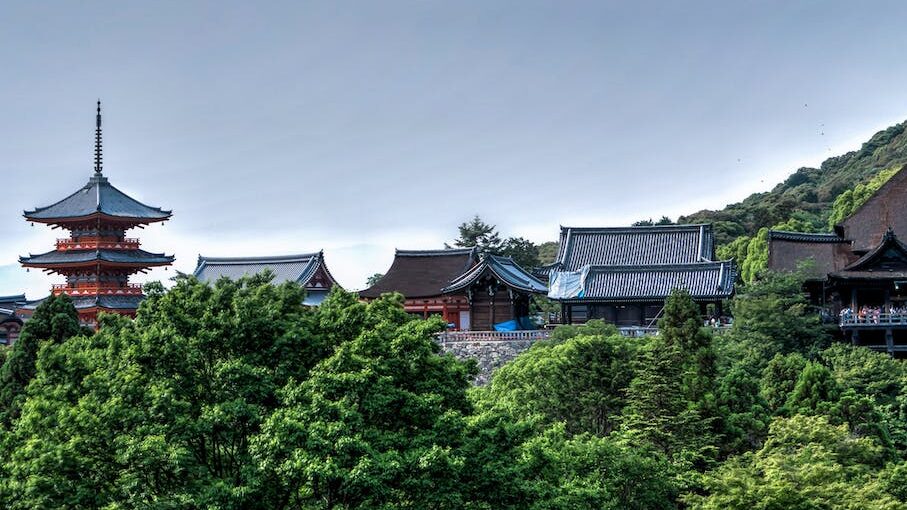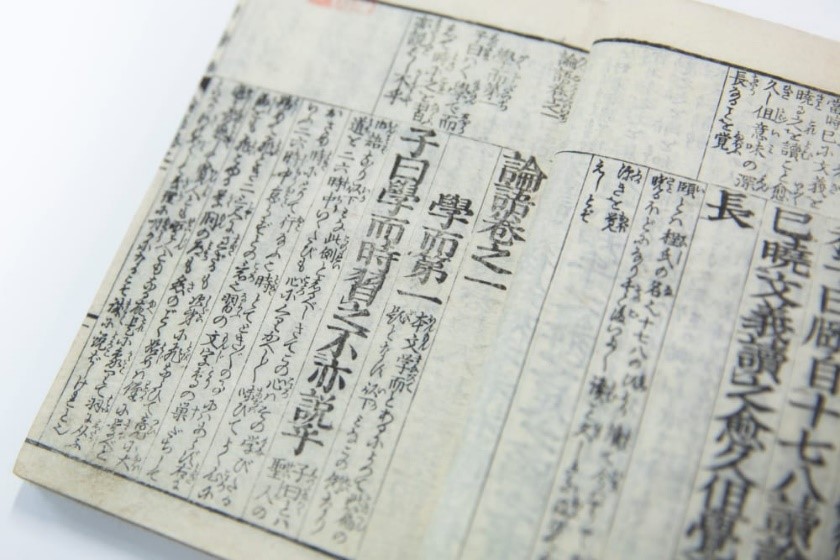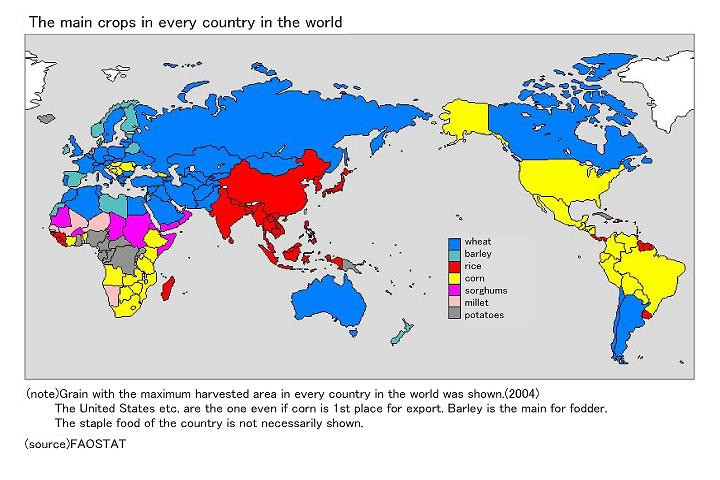Seeking an Asian version of “Abendland”: The threat of “Morgenland” feared by the West

The recent decline of Europe, including the energy crisis and the birth of a far-right government, foreshadows the return of “the suicide of civilized Europe” (Pope Benedict XV) or the “The Decline of the West (Der Untergang des Abendlandes)” (Spengler).
To begin with, what is the concept of “Abendland,” as Spengler also points out? “Abendland” as a Political Philosophy includes the following concepts (*1):
- Anti-modern (nostalgia for the Middle Ages)
- Anti-individualism and anti-liberalism (denial of rational and independent individuals)
- Anti-mass and anti-democratic tendencies (elitist)
- Anti-centralized conception (glorification of the federalist tradition of the Holy Roman Empire)
- Opposition to the non-Christian “East (Morgenland)” (Christian ties)
In December 2022, the plan to overthrow the state by the far-right Reichsbürger (Reich Citizens) was revealed in Germany, and it gave shockwaves to the world. Considering their intention to return to the Second Reich (German Empire), not merely to restore the Third Reich (Nazism), it is impossible not to feel the “dark” side of German society and the West (Abendland).
(Figure: Heinrich XIII, the alleged mastermind)

(Source: Guardian)
If the West declines, it should observe the rise of Asia in a trade-off relationship with it. So, is there an Asian concept (Morgenland) such as the “Abendland” shared by the West?
“Morgenland” could include the following elements:
- Confucianism: “The Four Books and Five Classics (Sìshū Wǔjīng),” the fundamental texts of Confucianism, are widely read not only in China but also in East Asia, and were required reading for students in Japan from the Edo period until the occupation by GHQ.
(Figure: Textbooks of the Edo period)

(Source: Kokugakuin)
- Buddhism: Teramoto Enga, a Buddhist scholar, had an ambition to strengthen the ties between Japan, Qing, Mongolia, and Tibet against the Western powers through Buddhism (*2). With this ambition, Teramoto traveled to Tibet in the early 20th century and arranged a meeting between the Dalai Lama and the Qing Emperor in Beijing, and even arranged for the Dalai Lama to visit Japan. At the time, British and Russian intentions were mixed in Tibet, the Japanese Army General Staff in particular did not take kindly to these Teramoto’s intentions from the perspective of the Anglo-Japanese alliance. In the end, the Dalai Lama’s visit to Japan was aborted (*3).
(Figure: Enga Teramoto)

(Source: Wikipedia)
Not only in terms of ideology, but also in terms of visible culture, the rice as a staple food is a major common element shared by Asian countries.
(Figure: The main crops in every country in the world)

(Source: Aichi Prefectural Government)
However, it may be pointed out that these elements that could be “Morgenland” have been eliminated at every turn.
The rice culture, as the last example, is a clear indication of this trend. In the past, it was pointed out, mainly in the West, that methane contained in cow burps was one of the main causes of global warming, and this could be seen as an intervention by the West against Asian countries with large herds of cattle because of their rice culture.
When Asia can overcome such shrewd interference from the West and unite as one under “Morgenland”, the true rise of Asia will be achieved.
(reference)
*1 http://ieg-ego.eu/en/threads/crossroads/political-spaces/vanessa-conze-abendland
*2 https://hal.archives-ouvertes.fr/hal-02912810/document
Hiroyasu HARADA
Manager (Senior Analyst), Global Intelligence Group (GIG)



